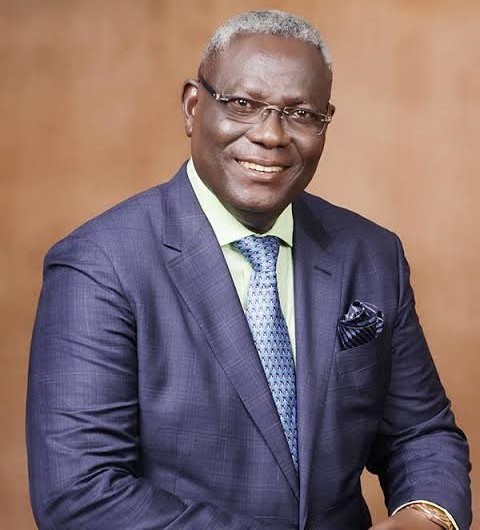IT COMES AT A PRICE In the light of the challenges that have bedevilled our nation, practically everyone who engages in the conversation for a better nation has got something, supposedly meaningful, to say. As the saying goes, it is easier said than done. At the artery of the heated public debates is the unfortunate proclivity to vilify and demonise the perceived enemy. The enemy in this case does not have to do something wrong: as long as there is nothing to benefit directly from him or her, he or she is a demon, and the problem of Nigeria. This aberrant misnomer is further perpetuated by the insidiously vicious cycle of religious divides, nepotism, ethnicity, tribal chauvinism and political party affiliations.
I believe that our challenge as a people is a sophisticated kind of ignorance, cast in the stone of hybrid arrogance. What else better explains how each administration is worse than the one it succeeds? Prior to the emergence of our leaders at different levels of leadership, throughout the country, their remarkably compelling analysis of the challenges of governance leaves no one in doubt about their ability to fix the problem, once they have the reins of power. Unfortunately, the reverse is often the case. What we once had as the worst in our leadership crisis, is taken to a level that is beyond human comprehension in almost every new dispensation. The benign and mild challenges of leadership become chronic, oozing out a putrid stench of corruption, like never before.
The systemic rot, the atmosphere which supports the emergence of the worst amongst us, and the constant dance between gross political ineptitude and moral bankruptcy amongst our leaders, all point to the fact that those who lead us are simply zealous without knowledge. On the other hand, the refined and scholarly critic, only speaks eloquently, swaying the listener to the rhythmic notes of his sagacious submissions, but knows little to nothing about the practical domestication of his beautiful ideas to the realities of an average Nigerian.
As such, those who hope to get us out of the woods must, with all sense of urgency, rethink how they lead. Do not criticize if you have no empirical evidence on how it can be better done. Learn how to lead, not how to simply make money and rig elections. Above all, seek to know how simple acts of human compassion can change the plight of one individual, then a group of individuals, a clan, a community, a tribe and the society at large. Remember that there is no magical transformation. It takes work. It takes a reprogramming of our minds, uninstalling the mindset of backwardness and the pathetic greed that makes an average Nigerian a criminal at the slightest touch of power.
Once leadership asks the question: how can I positively change the lives of these people? The answers are endless. Without the patience to learn how it can be done, there is not a single way out of this. In the last four years, I have personally committed more to learning all I can about leadership. I am indeed at a better position to lead than ever before. I have seen the impact of this on the lives of the fewest people that mean the world to me: my wife and children. I am also very glad to see how by extension, it is affecting the teams I lead in different places. Even at that, I know I still have a long way to go. The national transformation we all yearn for, will come at a price. I will do all it takes to pay that price, will you?
Pokyes Kavwam
Abuja-Nigeria



0 Comments